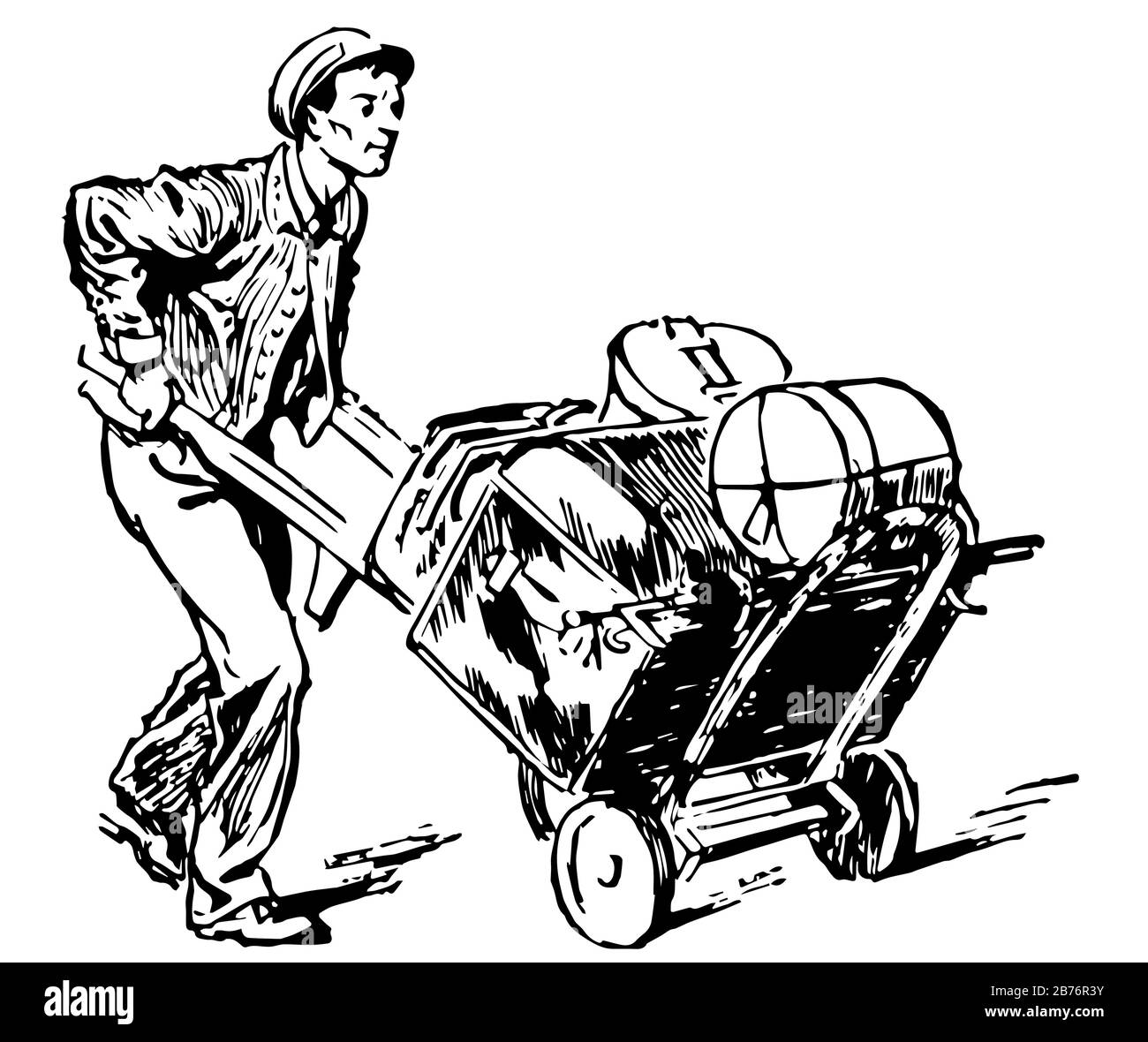Historical Evolution of the Porter

The porter, a figure synonymous with carrying and assisting, has a long and fascinating history, evolving alongside societal changes and technological advancements. From ancient times to the modern era, the role of the porter has adapted to meet the demands of a constantly changing world.
Origins of the Porter Role
The origins of the porter role can be traced back to ancient civilizations, where individuals were tasked with carrying goods and assisting travelers. In ancient Rome, for example, porters known as “portarii” were responsible for carrying luggage and goods for travelers and merchants. These early porters played a crucial role in facilitating trade and commerce, enabling the movement of goods and people across vast distances.
The Evolution of the Porter Role in the Middle Ages
During the Middle Ages, the porter role continued to evolve, with porters becoming increasingly specialized in various industries. In medieval Europe, porters worked in inns, castles, and monasteries, performing tasks such as carrying luggage, opening doors, and assisting guests. The term “porter” itself derives from the Latin word “porta,” meaning “gate,” reflecting the porter’s role as a gatekeeper and custodian of entrances.
The Impact of Industrialization on the Porter Profession
The Industrial Revolution brought about significant changes in the porter profession. With the rise of factories and the increased production of goods, the demand for porters to transport materials and products grew exponentially. Porters became essential in loading and unloading ships, trains, and trucks, facilitating the movement of goods within and between cities.
The Role of Porters in the 20th Century
The 20th century witnessed further evolution of the porter role, with the emergence of specialized porter services in hotels, hospitals, and airports. In hotels, porters became known as “bellhops,” responsible for assisting guests with their luggage, providing room service, and answering inquiries. In hospitals, porters transported patients, medical equipment, and supplies, playing a vital role in the smooth functioning of healthcare facilities.
The Impact of Technology on the Porter Profession, Porter definition
Technological advancements have had a profound impact on the porter profession, leading to both challenges and opportunities. The introduction of automated systems, such as conveyor belts and automated guided vehicles (AGVs), has reduced the need for manual labor in some industries. However, the demand for porters with specialized skills, such as knowledge of logistics software and safety regulations, has increased.
Essential Skills and Qualities of a Porter: Porter Definition

Being a porter is more than just carrying luggage; it’s about providing a seamless and positive experience for guests. To excel in this role, a porter needs a unique blend of physical and interpersonal skills.
Essential Skills and Qualities
These skills are crucial for a porter to succeed in their role. They allow porters to efficiently and effectively handle their duties while ensuring guest satisfaction.
- Physical Strength and Stamina: Porters often handle heavy luggage and navigate busy environments. Physical strength and stamina are essential to perform these tasks safely and efficiently.
- Customer Service Skills: Porters are the face of the establishment, interacting directly with guests. Excellent customer service skills are crucial to create a positive first impression and build a welcoming atmosphere.
- Organizational Skills: Managing multiple tasks simultaneously, such as handling luggage, providing directions, and answering guest inquiries, requires strong organizational skills. Porters need to prioritize tasks, stay organized, and maintain a calm demeanor under pressure.
- Communication Skills: Effective communication is essential for understanding guest needs, providing clear directions, and resolving any issues that may arise.
- Problem-Solving Skills: Porters may encounter unexpected situations, such as lost luggage or guest requests. The ability to think on their feet and find solutions to problems is crucial.
- Attention to Detail: Porters need to be meticulous in their work, ensuring luggage is handled carefully and guest belongings are secure.
- Teamwork Skills: Porters often work as part of a team, collaborating with colleagues to ensure smooth operations.
Porter definition – A porter, in its simplest definition, is a person who carries burdens, often literally. This role, though seemingly straightforward, can take on various forms, depending on the context. Just as a porter might be given a nickname, a more formal “sobriquet” can be bestowed upon someone, often reflecting their character or achievements.
sobriquet definition This concept of a “sobriquet” can also be applied to the porter, adding a layer of meaning to their role. For example, a particularly strong porter might be known as “The Iron Arm,” a title that reflects their strength and dedication to their task.
A porter, in its most basic definition, is a person employed to carry luggage or goods. This seemingly simple role, however, often leads to a person becoming known by a unique moniker, much like a sobriquet definition would suggest.
These nicknames, or “sobriquets,” can arise from the porter’s strength, their route, or even their personality, becoming a part of their identity as much as their profession.
